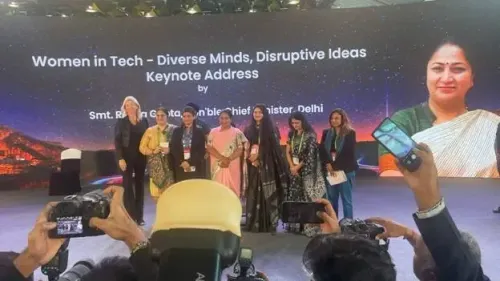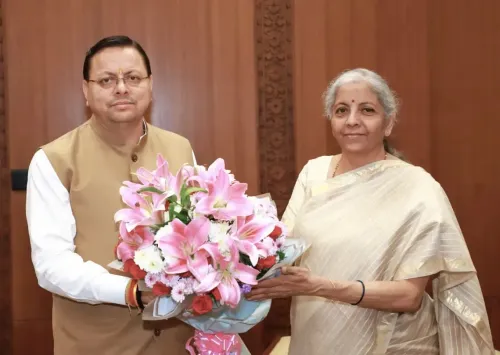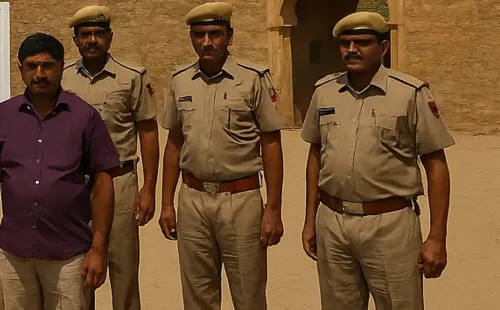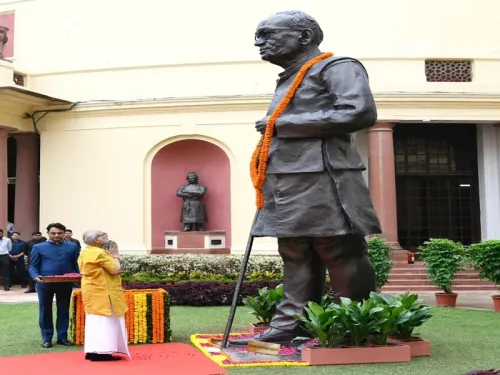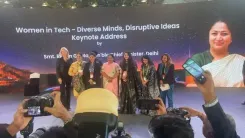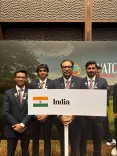Did Jharkhand HC Provide Relief to Rahul Gandhi in His Defamation Case Against Amit Shah?
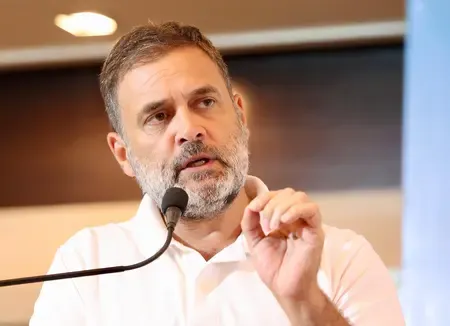
Synopsis
Key Takeaways
- Jharkhand High Court grants temporary relief to Rahul Gandhi.
- Case relates to alleged derogatory remarks made in 2018.
- High Court criticized lower court's handling of the case.
- Political implications of judicial decisions in India.
- Importance of independent judicial processes.
Ranchi, Oct 9 (NationPress) The Jharkhand High Court has offered temporary relief to the Leader of the Opposition (LoP) in Lok Sabha, Rahul Gandhi, in a criminal defamation case concerning his purported derogatory comments about Union Home Minister Amit Shah.
A single-judge bench led by Justice Anil Kumar Choudhary on Thursday annulled the order from the Chaibasa MP-MLA court, which had taken cognizance of the case and issued summons to LoP Rahul Gandhi.
The High Court has also referred the issue back to the lower court for a thorough review. The court pointed out that the magistrate seemed to have been swayed by the Sessions Court's directives when acknowledging the case.
This case originates from a statement made by LoP Rahul Gandhi during a Congress convention in 2018, where he allegedly labeled the then-BJP national president Amit Shah a “murderer.” This statement led to a public outcry and prompted BJP leader Pratap Katiyar from Chaibasa to file a criminal defamation suit.
As per the complaint, LoP Rahul Gandhi stated, “No murderer can become the national president of the Congress. Congressmen cannot accept a murderer as their president -- this is possible only in the BJP.”
Following the complaint, the Chaibasa MP-MLA Court first issued a bailable warrant against Gandhi in April 2022, followed by a non-bailable warrant in February 2024.
Rahul Gandhi's plea for exemption from personal appearance under Section 205 of the CrPC was denied by the trial court, leading him to seek relief from the High Court.
In March 2024, the High Court provided him with temporary relief and resolved his petition.
However, the Chaibasa court issued another non-bailable warrant on May 22, 2025, prompting LoP Rahul Gandhi to appear before the court on August 6, 2025, where he was granted conditional bail.
Subsequently, LoP Rahul Gandhi challenged the MP-MLA Court’s ruling to take cognizance and issue summons, contending that the lower court did not exercise its independent judicial capacity.
The High Court upheld this argument and overturned the cognizance order, instructing the lower court to reassess the issue in line with legal standards.

